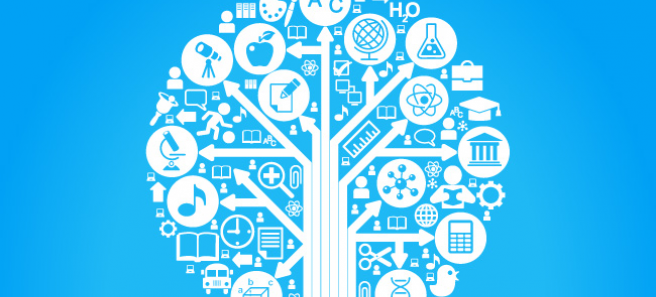As every business transitions to digital, the term "ecosystem" is gaining more and more popularity. Biologists use the term to describe a community of living organisms interacting with nonliving components of their environment as a system. With this definition in mind, it makes perfect sense that the term "ecosystem" could be used to describe the new age of technology.
When applied to technology, "ecosystem" describes a system of products or platforms that are complimented by applications. Not to be confused with a "network" or "organization", ecosystems are about dynamic interactions between people, hardware, systems and services. It is the streamlined flow of ideas and how they connect, share, transform and grow together within one system.
When standing alone, certain technologies have limited value. For example, a television on its own does not have a lot of use. But when hooked up to a DVD player or cable box, the television gains immeasurably more value. By embracing these stand-alone technologies into a larger system of use, companies are re-shaping entire markets and altering the way we depend on digital devices.
An important aspect to keep in mind when it comes to ecosystems is that they create customer dependencies. Customers make decisions about products based on whose ecosystem they want to be a part of. They commit to, and invest in, ecosystems that can integrate seamlessly with their personal and work environments. For that reason, companies should set out to design their hardware, software and services based on what ecosystem will drive customer dependency.
Many personal computing manufacturers have successfully integrated the ecosystem model into their business platform. By basing their hardware design, software function and provided services around the idea of an ecosystem, these manufacturers' products can focus on specific parts of the market, or the market as a whole. For example, many smartphones are now equipped with apps to track health and fitness, or sync with third party devices like a TV or sound system. Thus, these devices can be tailored towards customers looking for these specific features or geared towards the smartphone market as a whole.
To keep up with this new technology model, businesses will have to learn how ecosystems evolve and function. Eventually, customers will invest not in a product, but an ecosystem. Companies that recognize this shift in consumer preferences will have an advantage.
Moreover, manufacturers should no longer look at their products as stand-alone entities, but as part of an ecosystem. Companies should strive to place themselves at the centre of the digital ecosystem and create new digital relationships with customers, suppliers, partners and developers. The expansion of digital ecosystems will drastically alter the purpose of individual companies, as well as the performance of entire markets. Each enterprise will need to find a way to fit into the new age of the technology ecosystem.
What are your thoughts on the technology ecosystem? Join the discussion on Twitter, Facebook or Google Plus!

